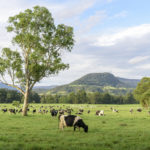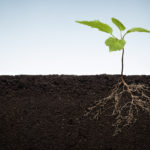
Home Regenerative Agriculture
Regenerative Agriculture
The Chubb Review is examining the integrity of Australian Carbon Credit Units after criticism from researchers at two universities earlier in 2022.
With natural assets still waiting to be correctly valued, ‘a huge arbitrage opportunity will exist for the investors that are willing to lean in,’ StepStone says.
The Clean Energy Finance Corporation has committed A$30m to Wyuna’s first fund, alongside property firm the Goodman Group.
QIC, New Forests and Macquarie Asset Management are taking different approaches to the nascent asset class, but there are common themes.
GreenCollar CEO James Schultz speaks of the need to safeguard integrity: 'One carbon credit worth $100 is a hell of a lot better than 10 credits worth nothing.'
Toronto’s Area One Farms founder and CEO Joelle Faulkner talks through the fundamentals of regenerative ag and Canada’s transition challenges, such as a lack of suitable crop insurance.
Despite all the buzz around the benefits of regenerative farming practices, there have been few private market vehicles dedicated to supporting the transition. That could be about to change.
The trio have teamed up to accelerate and scale regenerative farming practices with a €1bn impact fund that will invest in the enabling process.
The WEF found that while most farmers surveyed want to make on-farm sustainability changes, they are held back by lack of access to reliable information.
The firm intends to transition the whole farm to organic certified production and will use regenerative practices such as planting cover crops between tree rows.














